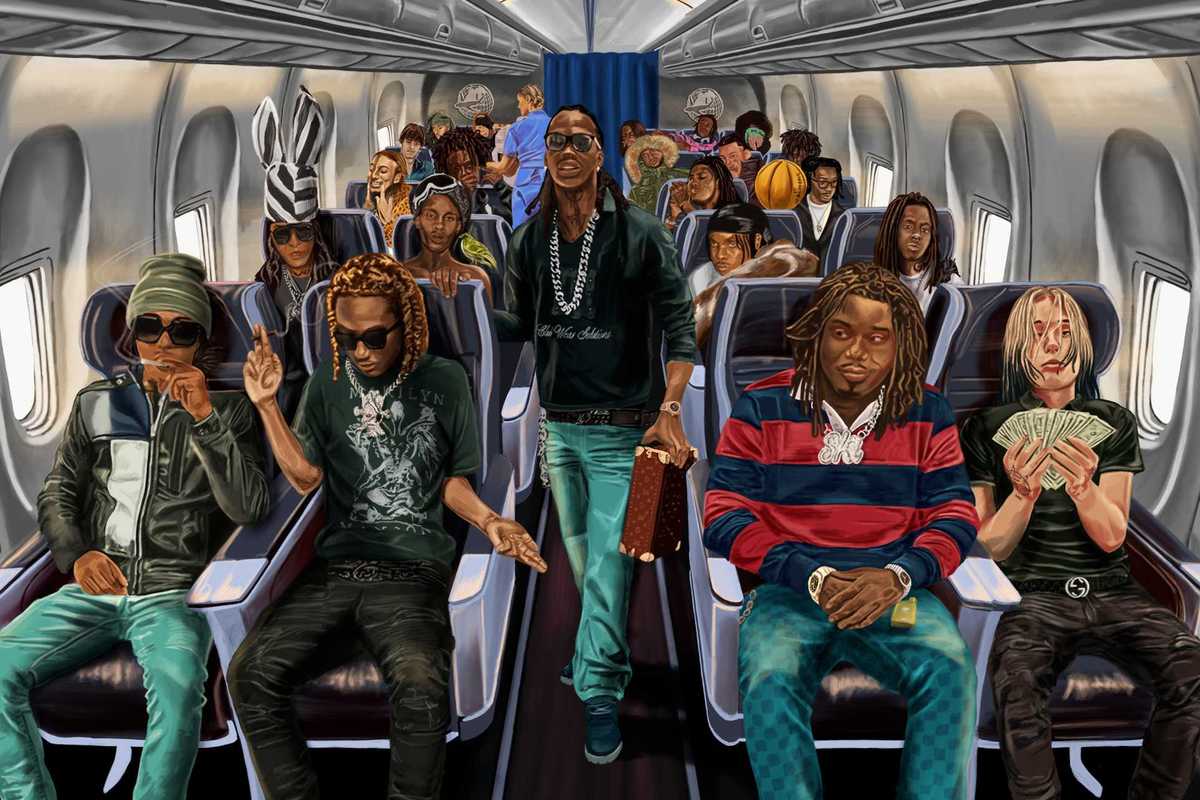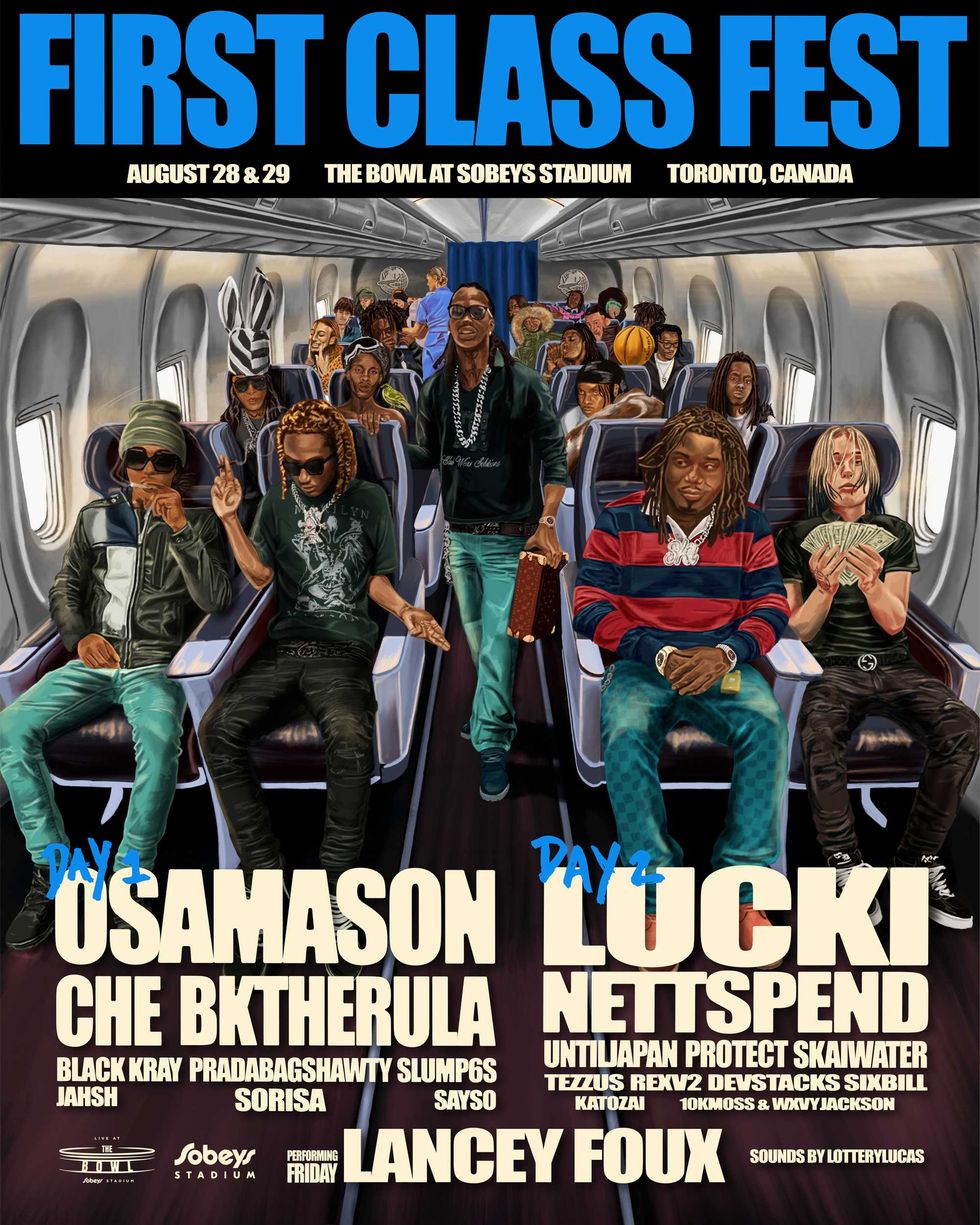Five Questions With… Yvonne Matsell
Toronto’s Yvonne Matsell is known for her pink hair, middle finger, quick wit and exceptional ear for new talent.

By Jason Schneider
Toronto’s Yvonne Matsell is known for her pink hair, middle finger, quick wit and exceptional ear for new talent. The longtime club booker was recently honoured by the Canadian Independent Music Association (CIMA) with their Unsung Hero Award for her lengthy record of helping to shepherd countless artists from their earliest gigs to international recognition.
A native of Wales, Matsell ultimately landed in Toronto during the 1980s as a single parent of three sons, but with her sights firmly set on working in the music industry. She began with a job booking blues artists at the late, lamented Albert’s Hall, before capitalizing on an opportunity to create a new scene at a club called Ultrasound in the early 1990s. The timing couldn’t have been better, as Matsell quickly turned Ultrasound into a premiere showcase venue for a new generation of artists including Barenaked Ladies, Lowest Of The Low, Skydiggers, The Tea Party, Headstones, Rheostatics, and many others.
From there, Matsell and Dave Bookman established the Horseshoe Tavern’s long-running Nu-Music Night weekly showcases, and she also co-founded the North By Northeast festival with Michael Hollett, Andy McLean and SXSW partners.
Following the closure of Ultrasound, Matsell soldiered on, putting on shows at Reverb, Holy Joe’s and eventually Ted’s Wrecking Yard, which became the epicenter of another wave that spawned Broken Social Scene, Billy Talent, Feist, Sum 41, Kathleen Edwards, and more.
A further successful run at the El Mocambo ensued until its closure, and Matsell continues to follow her passion for bringing new music to the masses however she can manage to do it. We caught up with Matsell recently to discuss some of the highlights of her incredibly influential career.
Congrats on earning CIMA's Unsung Hero award. What does receiving such an honour mean to you?
I was completely shocked and then quite emotional when Stuart Johnston called and told me. It really is the icing on the cake for doing something I love and am passionate about. I know that most musicians have known what I have done to help them in their careers, but this has shown me that my efforts have not gone unnoticed from my industry peers. It’s a lovely thing.
You've seen, and been involved with, pretty much everything that's happened with the Toronto music scene over the past three decades. What personal achievements are you most proud of?
I think that I’m proud of putting my mark on the Canadian music scene by recognizing talent in the very early grassroots stages, believing in these artists, and helping them to take the necessary steps needed to get to the next level while trying to alert interest in the people who could help take them further. I have remained friends with many of the musicians who know that I have helped them, and some of them now have global careers. That’s a thrill!
Which of the innumerable shows you've put on particularly stand out in your memory?
Oh my! That’s a tough one to answer, as there have been so many show highlights. I think that when I see some of these acts end up performing as headliners in huge shows on large stages, I am chuffed to bits, and it makes my heart burst with pride that they have achieved that.
Do you feel venue bookers face the same challenges you did when you started, and if so, what's your best advice?
In the ‘90s, booking a venue had less external influences to deal with. The Internet wasn’t really a “thing,” and neither were mobile phones, home computers or Netflix! People came to see an entire line-up, not just the headliner, and therefore often began supporting all the acts as they got to see them. Consequently, you could fill a venue for the whole night and not just part of it.
Another thing is that real estate developers were not as aggressive in changing the face of the city, so venues had less rent to pay and could stay in a difficult business longer than they can today where rents are insane. So the cost of going out to see a band is often cost prohibitive in an already ridiculously overpriced city. I also think that music lovers back then had more of an emotional investment in the new bands they supported. That also seems to be changing. As I used to say when I taught at the Harris Institute, bums in seats is what keeps a venue open. It appears that there are fewer bums in seats today.
What's been the most significant change in your life in the past year?
I do not have a venue to book. There are fewer owners willing to invest long-term in a vulnerable business and new owners often expect immediate results overnight because of their investments, which does not happen as it takes a while for a “scene” to evolve. Toronto as “Music City?” Hah!!!


















